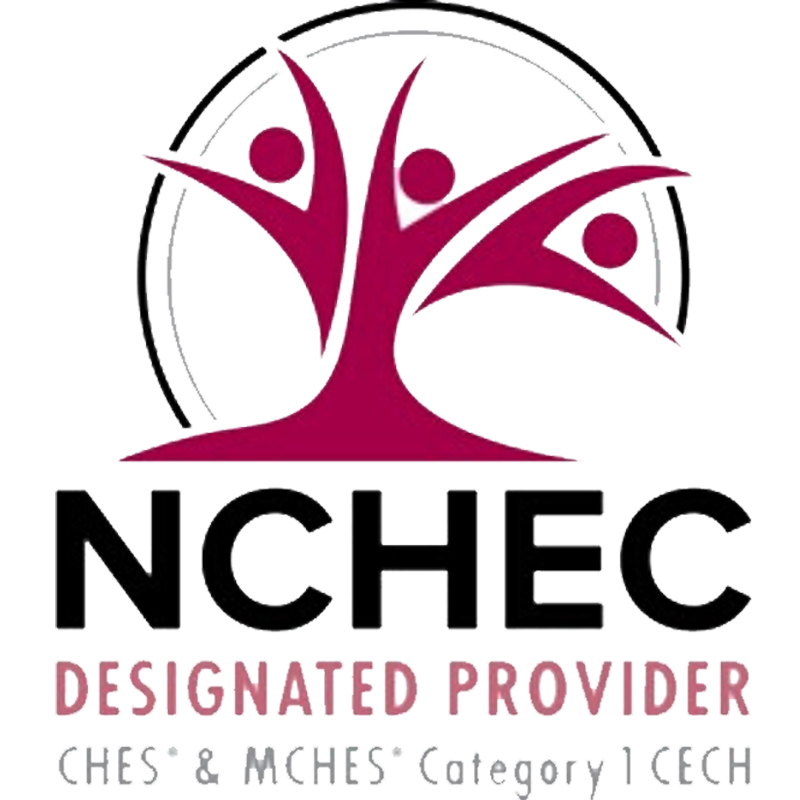
The Maliseet Food Sovereignty Initiative: Partnership to Promote Food Sovereignty and Food Security
What are some tangible strategies for implementing food sovereignty, and nutrition, at the community level and how might the program coordinate with community thoughts on traditional food issues?


Register
Course Information
- Audience: Public Health Professionals, Community Health Workers
- Format: Webinar
- Date/Time: Tuesday, October 12th 2021 9:40 AM – 10:10 AM EST.
- Price: Free
- Length: 30 minutes
- Credential(s) eligible for contact hours: Sponsored by New England Public Health Training Center (NEPHTC), a designated provider of continuing education contact hours (CECH) in health education by the National Commission for Health Education Credentialing, Inc. This program is designated for Certified Health Education Specialists (CHES) and/or Master Certified Health Education Specialists (MCHES) to receive up to 1 total Category I continuing education contact hours. Maximum advanced-level continuing education contact hours are 1. Provider ID: 1131137 Event ID: SS1131137_MFSIIf you are not seeking a CHES/MCHES contact hours, if you complete the post-test and evaluation, you will receive a Certificate of Completion. The Certificate will include the length of the course.
- Competencies: Health Equity Skills
- Learning Level: Awareness
- Companion Trainings: None
- Supplemental materials:None
- Pre-requisites: None
About this Webinar
The concept of food sovereignty has developed within Indigenous communities and is broadly applicable. It offers a framework for working toward a greater degree of local autonomy over food production and food access, alleviating food insecurity, and fostering a culture of environmental justice. While food sovereignty has received increased attention in recent years, the focused has largely been on developing a conceptual framework emphasizing local, Indigenous control over food production and distribution in Tribal communities. Less information has been disseminated on practical strategies for implementing food sovereignty initiatives in real-world settings. The Houlton Band of Maliseet Indians (HBMI) has launched a food sovereignty initiative with the aims of increasing access to nutritious food, improving food security, and strengthening connections to Wabanaki culture through the sharing of traditional approaches to food production, storage, and preparation - including planting edible landscapes, Three Sisters, and sacred medicines. Lessons learned are adding to current knowledge about how to develop, implement, and evaluate a model that is rooted in the principals of food sovereignty and designed to increase access to nutritious food, food security, and connection to traditional culture.
The Initiative is implementing coordinated, culturally-connected strategies including establishing community gardens available to youth, Elders, and over 309 individual households throughout Maliseet territory, as well as foster-children in non-Native households - this represents a reach to over 700 individuals. Youth interns have been engaged in program management, training, and evaluation activities. Opportunities to learn and share knowledge about traditional storage and recipes are being provided to community members. Existing partnerships are being leveraged to develop a sustainable model. Evaluation processes are collecting input from the community to understand the overall impact. Household gardens are being installed for each Tribal housing unit. Additional community gardens will enable food production capacity to increase over the coming years.
What you'll learn
At the end of the recording, participants will be able to:
- Describe the concepts of food sovereignty, food security, and environmental justice
- Describe the main programmatic aspects of the Maliseet Food Sovereignty Initiative
- Discuss strategies for implementing and evaluating a community-based food sovereignty initiative
Subject Matter Experts
Chief Clarissa Sabattis, Houlton Band of Maliseets
Clarissa is a citizen and current elected Chief of the Houlton Band of Maliseet Indians and has served 7 years as councilor and chief. She is deeply rooted in her community’s culture and traditions. Her work has been dedicated to improving the overall health and wellbeing of the Maliseet Nation. Since holding the position of chief, her priorities have included economic development, youth engagement, food sovereignty and strengthening the Maliseet’s overall infrastructure to better meet the needs of the tribe’s citizens. Her efforts at the Maine Legislature to gain rights for the HBMI have been at the forefront of her first four years in office. Prior to her role as Tribal Chief, Clarissa spent nearly a decade working as part of a team establishing and growing the Tribal Public Health Infrastructure for the Wabanaki Tribes in Maine. She has held multiple leadership roles in health care, and tribal public health which have positioned her to be a strong advocate in these areas.
Andrew Pritchard, MPH Lead Program Evaluator, PHRI Consulting
Andrew is an experienced public health professional whose work has focused on program evaluation, research design, data collection and analysis, and project planning and implementation. Andrew’s areas of expertise include issues in rural and minority health, population health, and social determinants of health. His research and evaluation approach is rooted in the principals of Community Based Participatory Research. He has assisted local and state-wide efforts to improve population health and bridge gaps between health care, education, and social service sectors in the following ways:
Registration
Select the Enroll Me button below to register for this recording. If you have any trouble accessing the recording, contact support@nephtc.org.
Acknowledgement: This project is/was supported by the Health Resources and Services Administration (HRSA) of the U.S. Department of Health and Human Services (HHS) under grant number UB6HP31685 “Regional Public Health Training Center Program.” This information or content and conclusions are those of the author and should not be construed as the official position or policy of, nor should any endorsements be inferred by HRSA, HHS or the U.S. Government.

